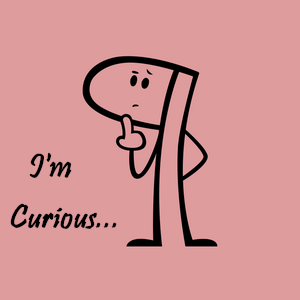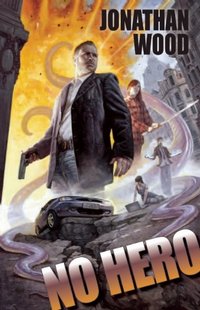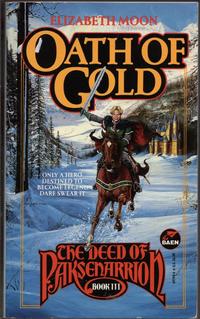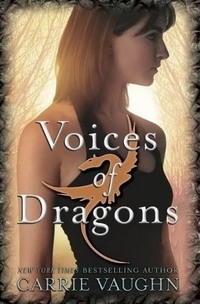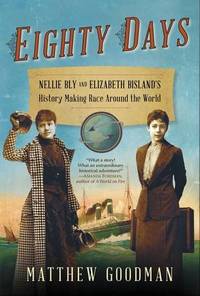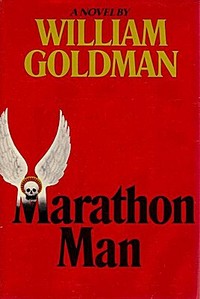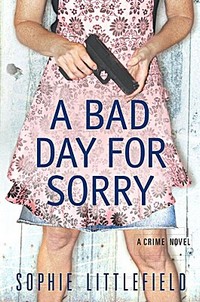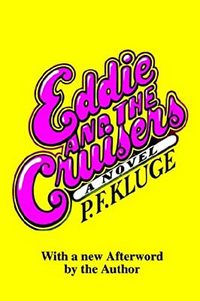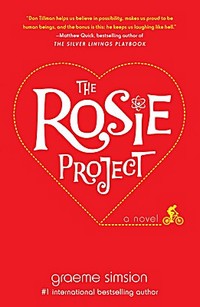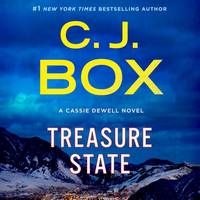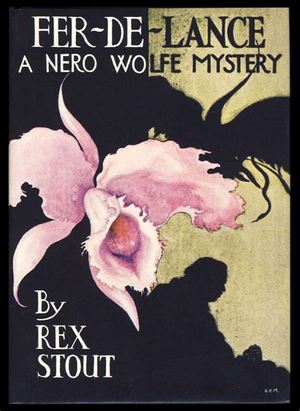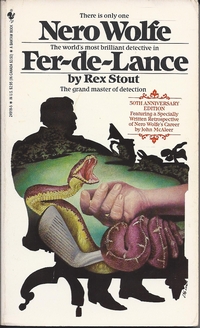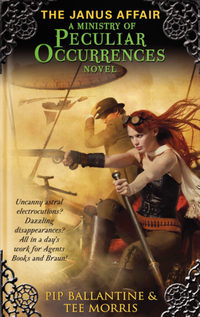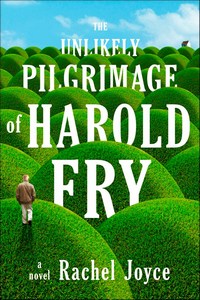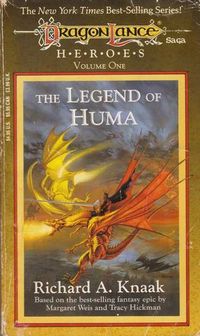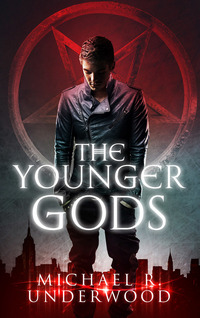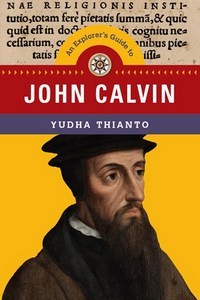by C.J. Box, Christina Delaine (Narrator)
DETAILS:
Series: Cassie Dewell, #6
Publisher: Macmillan Audio
Publication Date: September 26, 2022
Format: Unabridged Audiobook
Length: 9 hrs., 20 min.
Read Date: October 25-27, 2022


What’s Treasure State About?
Cassie’s a bit better situated as a private investigator now, she’s not raking in the dough, but for a private investigator in Montana, I can’t imagine she could be doing much better. This book focuses on two independent cases—I don’t mind a good two-cases-turning-out-to-be-related-after-all mystery, but I really like seeing an investigator juggle two cases like this.
The first case is initially something that Cassie’s not interested in at all, but she gets sucked into things. A woman from Florida wants to hire her to find a con man who has bilked her out of a big chunk of change. She’d hired a local P.I. who traveled all over the country, seemingly milking her for expenses before ending up in Montana and ghosting her. He suggested that he was zeroing in on the target, and the client wants Cassie to take over from there.
Cassie focuses on the P.I.—if she can figure out what he was doing there, where he went—maybe even finding him—she can use that as a launching pad to finding the con man. This leads Cassie to find several other victims and a pretty solid lead on her target.
The other case is something she’s been working on off and on for a while—and will pay off significantly if she can successfully close the case. Years ago, someone left a cryptic poem on the whiteboard of a Montana restaurant, promising a pile of gold to whoever could crack the clues in the poem and find it. Someone claiming to be that poet hires Cassie to see if she can figure out who he is. He’s worried that someone could find the gold by figuring out who he is, rather than deciphering the clues. So he wants to see if he left himself open that way.* A couple of things break Cassie’s way while she’s working the con man case, and she starts to put two and two together. She just might be on the right path now.
* I hope that made sense in summary—it’s clear in the book, I assure you.
There’s a teeny-tine Joe Pickett cross-over here that will bring a smile to the face of Pickett fans (even those as behind as I am, and thankfully really doesn’t spoil anything for me). For people who haven’t read those, it’s not going to alter anything—you won’t even notice.
The Narration
This is now the third Dewell novel that Delaine has narrated, and while I don’t remember having a problem with the earlier female narrator, Delaine has definitely got this character down—and the recurring supporting characters, too.
When the perspective changes from Cassie to some others (the criminals particularly), she does a great job harnassing their characters, too, helping me to get into their headspace and like them even less than I was inclined to (well, in the case of the criminals, that is).
So, what did I think about Treasure State?
I liked coming back to this world for a bit. It was good to see Cassie’s son doing well and Cassie getting more stability in her life. Even better, her mother wasn’t around much, so she couldn’t get on my nerves. I don’t know what it is about Box and mother/daughter relationships, but I’m pretty sure a book could be written on it between this series and the Pickett series.
I was initially worried about some aspects of the con man case hitting some of the same notes as earlier Dewell novels—but I was glad to see that while they might have been the same notes, it was a different song. That’s a sentence that will make sense to people once they’ve read/listened to the book, but hopefully, it’s reassuring if you start to have the same concern.
The treasure hunt/poet storyline was nothing but fun for me. Simple, dogged, investigation that follows one trail after another. Yeah, she catches a break—but there’s reason enough to think that without the lucky break, she’d have gotten there anyway—it just would’ve taken longer. Give me this kind of story any day in a PI novel and I’ll be happy.
There’s a lot to like in this latest adventure with Cassie Dewell and nothing really to complain about. Give this a shot—whether or not you’ve spent time with her before, this PI novel will satisfy.

This post contains an affiliate link. If you purchase from it, I will get a small commission at no additional cost to you. As always, the opinions expressed are my own.

 I picked up on a lot from Nero Wolfe: pfui, flummery/flummox, and a handful of his repeated phrases. Also, whenever I use “indeed”—which I do more often than you’d imagine—I hear his assistant, Archie Goodwin’s, line:
I picked up on a lot from Nero Wolfe: pfui, flummery/flummox, and a handful of his repeated phrases. Also, whenever I use “indeed”—which I do more often than you’d imagine—I hear his assistant, Archie Goodwin’s, line: I’m pretty sure I picked up, “we’d be fools not to,” from Spenser.
I’m pretty sure I picked up, “we’d be fools not to,” from Spenser. I’ve tried to work in phrases from Gregory McDonald’s I.M. Fletcher and Francis Xavier Flynn, but I haven’t found much success at that (but I make myself smile when I do, a little joke only I get—which is a very Flynn thing to do).
I’ve tried to work in phrases from Gregory McDonald’s I.M. Fletcher and Francis Xavier Flynn, but I haven’t found much success at that (but I make myself smile when I do, a little joke only I get—which is a very Flynn thing to do). I recently added “boy howdy,” to my repertoire following Walt Longmire, mostly to avoid using words I try not to. Many of which I picked up the pronunciation used by Roddy Doyle’s characters in the Barrytown trilogy.
I recently added “boy howdy,” to my repertoire following Walt Longmire, mostly to avoid using words I try not to. Many of which I picked up the pronunciation used by Roddy Doyle’s characters in the Barrytown trilogy. Of course, every time I say nothing. That’s me quoting (or not-quoting) Jack Reacher.
Of course, every time I say nothing. That’s me quoting (or not-quoting) Jack Reacher.